Zach Cregger made a name for himself with Barbarian in 2022, a film that proved horror could still shock and surprise even the most seasoned genre fans. Now, with Weapons (2025), he takes another bold step forward. Already one of the most talked-about films of the year, Weapons cements Cregger’s status as one of horror’s most inventive new voices.
The premise alone is chilling: in a quiet American town, seventeen children vanish in a single night. No signs, no explanations, only a suffocating silence that rattles parents, neighbors, and the community as a whole. At the center of the chaos stands Justine, the missing children’s lone teacher, played with haunting conviction by Julia Garner. As the town spirals into suspicion and paranoia, Justine becomes both a witness and a target, trapped in the shifting shadows of grief and fear.
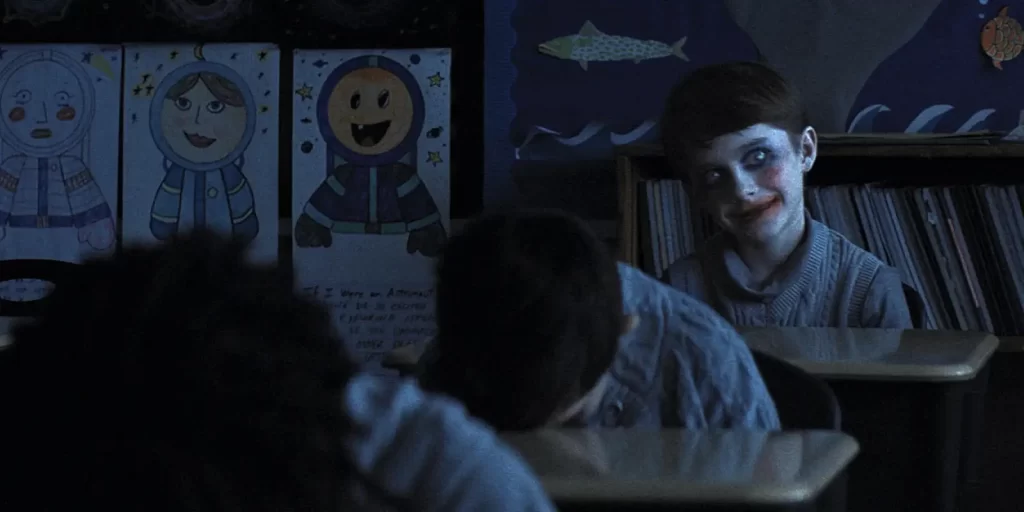
Rather than unfolding in a traditional, linear manner, Weapons structures its story through a series of interconnected vignettes. Each chapter brings a new point of view, gradually piecing together the enigma of the children’s disappearance. The result feels less like a straightforward narrative and more like a complex, unsettling mosaic. This fragmented approach not only deepens the mystery but also mirrors the disorientation and confusion felt by the characters themselves.
Cregger’s control of pacing is remarkable. He resists the urge to overwhelm with cheap jump scares or relentless gore, instead cultivating an atmosphere of dread through silence, suggestion, and sudden bursts of violence that land with shocking intensity. The film recalls the eerie, folkloric sensibilities of the Brothers Grimm—fairy tales twisted into nightmares—while grounding its horror in a very contemporary and brutal reality.
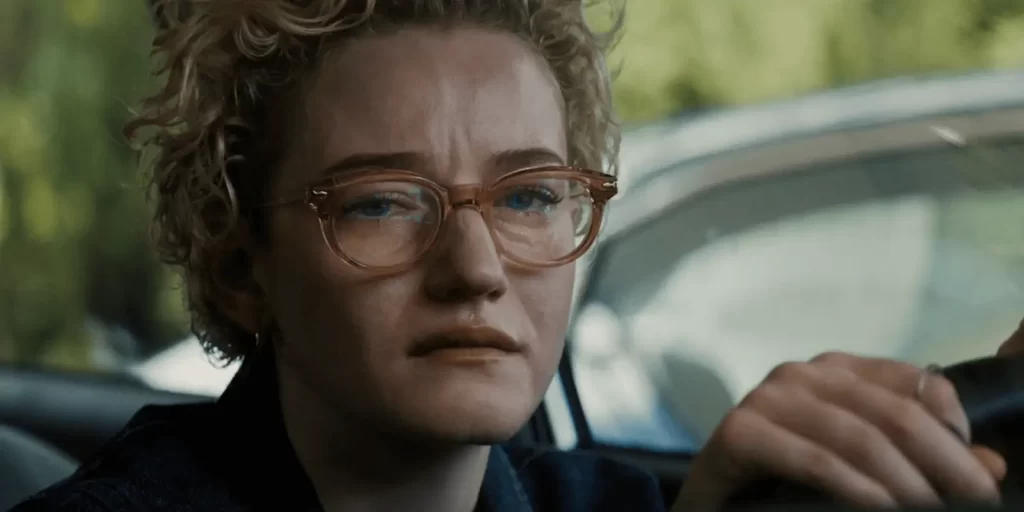
What elevates Weapons beyond many of its peers is the way it integrates moments of dark humor. Cregger’s comedy background is evident in sly, unsettling beats that emerge naturally from the characters’ disbelief and awkward attempts to navigate the unthinkable. These brief moments of levity never undercut the fear; they humanize it, reminding audiences that horror is often most effective when it feels uncomfortably close to life.
Garner’s performance is a standout. Her portrayal of Justine, a deeply flawed character whose alcoholism becomes part of her vulnerability, is both raw and compelling. She anchors the film emotionally, ensuring that the horror resonates on more than just a surface level. Unlike many genre offerings that rely on archetypes or caricatures, Weapons builds its terror around fully realized, relatable people.
The film also functions as a pointed allegory. Beneath its eerie surface lie explorations of scapegoating, communal breakdown, and the ease with which paranoia corrodes trust. Themes of substance abuse, school violence, and religious imagery layer the narrative, giving audiences plenty to ponder long after the credits roll. It’s horror as social commentary, unflinching and unsettling.
Adding to its impact is the film’s design as a shared theatrical experience. Cregger manipulates sound and silence with precision, drawing collective gasps and held breaths from audiences. Weapons feels engineered not just to be watched, but to be felt together in the dark of a cinema—its horror amplified by the tension of a room full of strangers.
Visually and tonally, the film benefits from the influence of David Fincher, who offered guidance during post-production. The fingerprints are clear in the taut editing, restrained framing, and meticulous atmosphere. Yet the film remains distinctly Cregger’s: daring, original, and unpredictable.
And then comes the finale. True to Cregger’s reputation, Weapons concludes with a bold, polarizing climax. It is at once explosive and divisive, leaving some audiences satisfied, others shaken, and everyone talking. Few horror films in recent memory have ended on such a provocative note.
With its fractured narrative, haunting performances, sly humor, and uncompromising approach to fear, Weapons stands as one of the year’s defining cinematic experiences. It is a horror film that lingers, not just because of what it shows, but because of the unsettling questions it leaves behind.
Zach Cregger has proven, once again, that he is not simply making horror films—he is reshaping the genre itself.







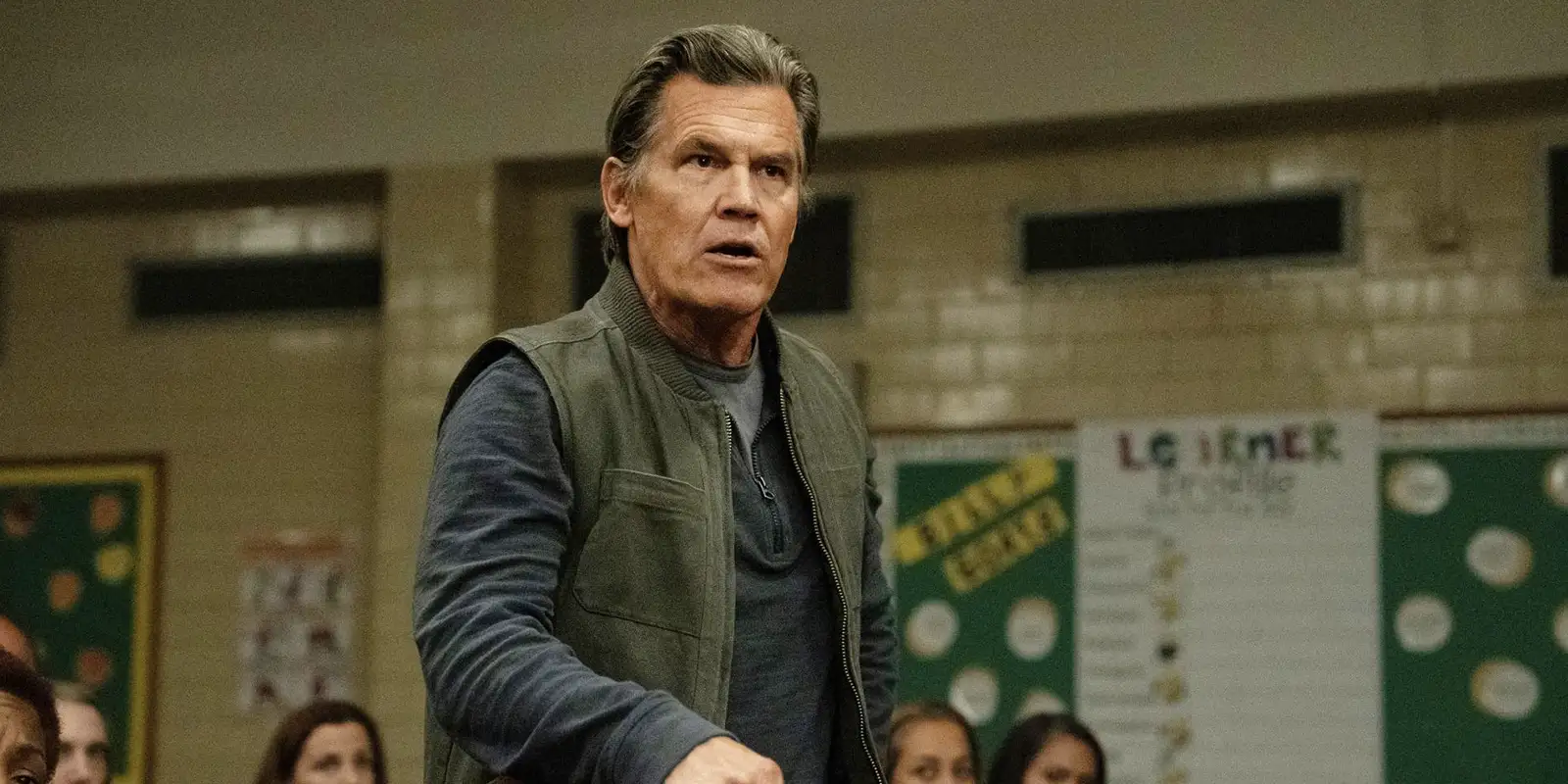











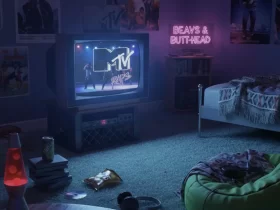

















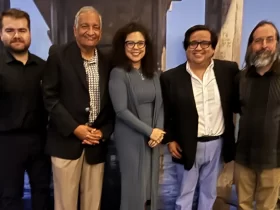
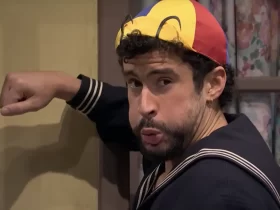
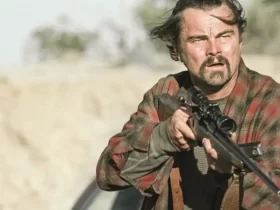
Leave a Reply